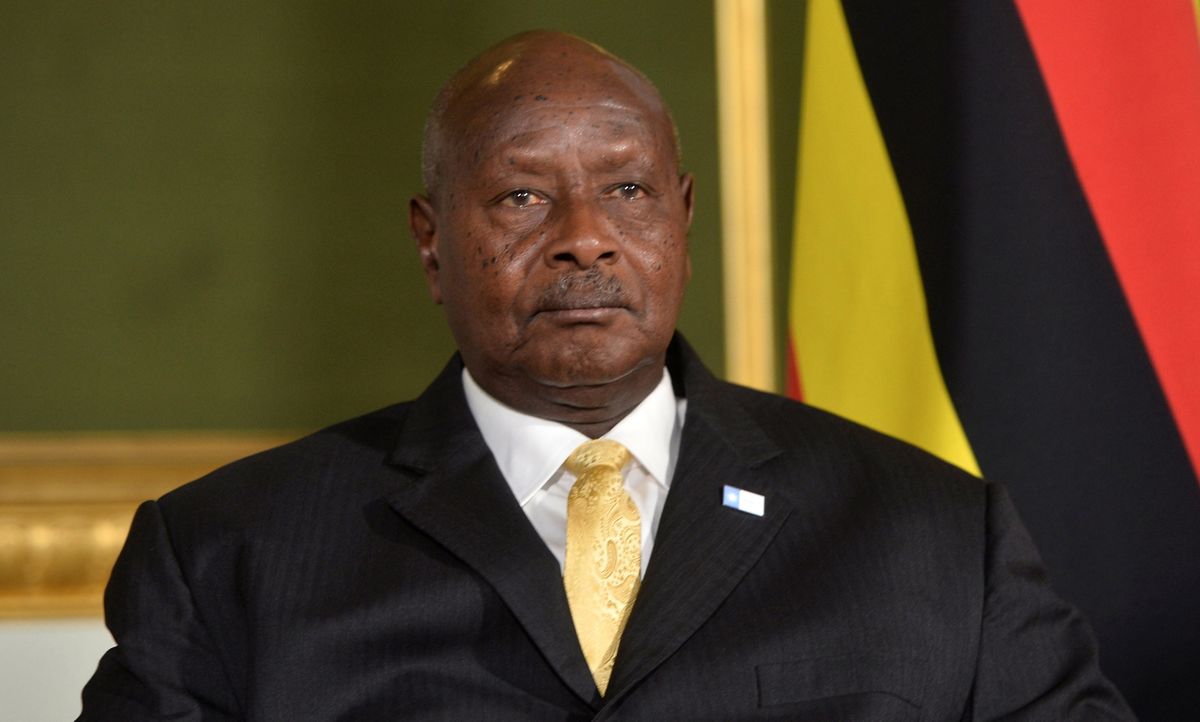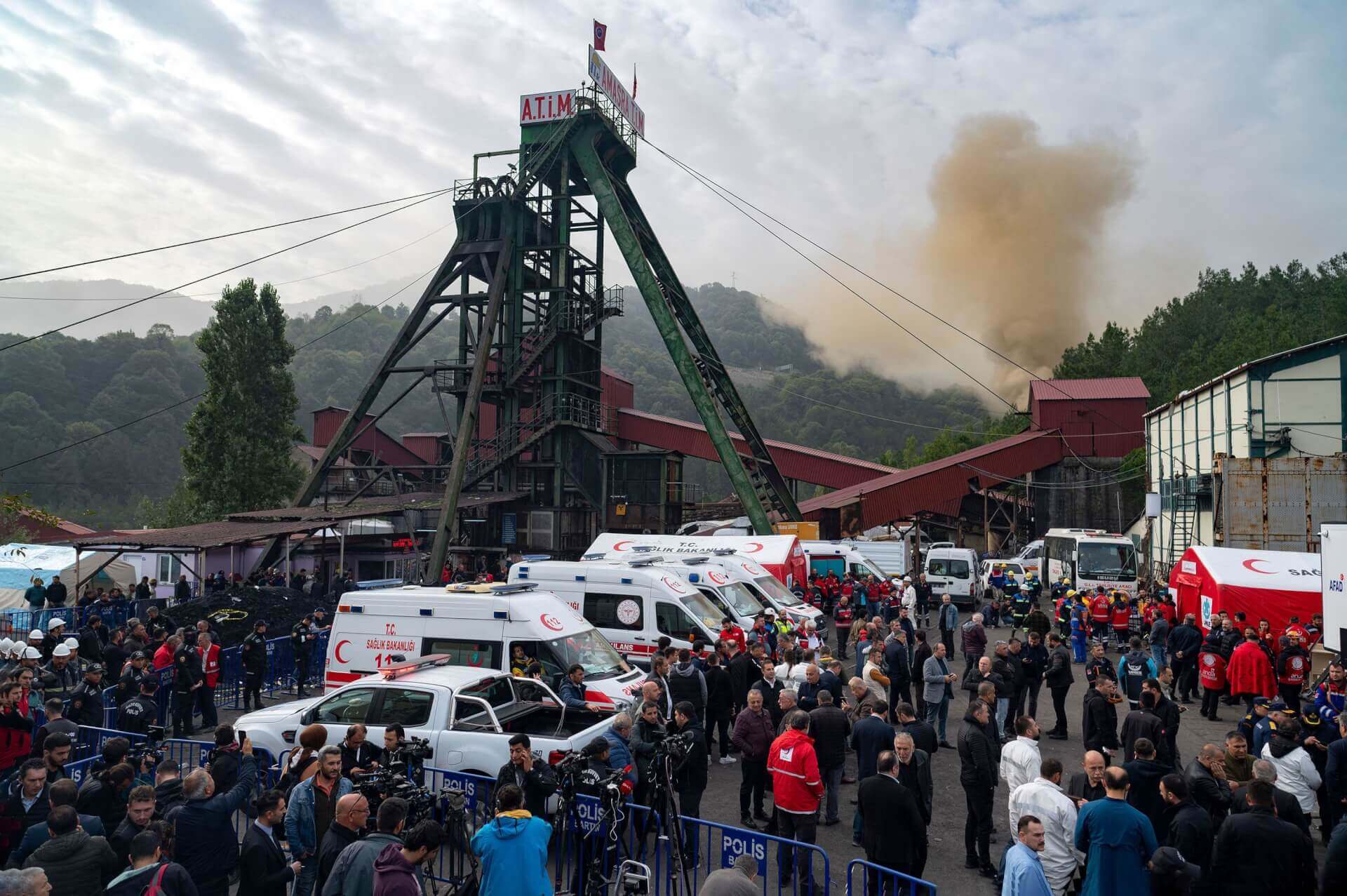South Asia
Bangladeshi Prime Minister Sheikh Hasina and Brunei Sultan Haji Hassanal Bolkiah Mu’izzaddin Waddaulah agreed to expand energy cooperation, particularly in liquefied natural gas during a meeting this weekend that marked the first-ever head of state visit by a Brunei leader to Bangladesh. [Bangladesh Sangbad Sangstha]
Amid rising public clamour for a change to Sri Lanka’s electoral system, President Ranil Wickremesinghe said he would conduct a referendum on the matter if the Select Committee fails to establish a parliamentary electoral system to replace the existing presidential system. [News.lk]
Central Asia and the Caucasus
Azerbaijani Foreign Minister Jeyhun Bayramov on Saturday held a phone call with his Iranian counterpart Hossein Amirabdollahian to discuss bilateral, regional, and international issues. Amirabdollahian stressed that Armenia and Azerbaijan should respect each other’s territorial integrity. He also said that Iran is opposed to any foreign forces in the region, possibly referring to the alleged presence of Israeli troops in Azerbaijan. [Iran MFA]
Armenian Prime Minister Nikol Pashinyan on Saturday proposed to Azerbaijan to hold a joint meeting of their delimitation and border commissions in Brussels on 31 October. Pashinyan made the proposal weeks after he met with Azerbaijani President Ilham Aliyev in Prague and agreed to continue peace negotiations to resolve the Nagorno-Karabakh dispute. [Armen Press]
East and Southeast Asia
During a visit to Taiwan on Friday, Canadian MP Judy Sgro said that threats from China would not prevent her and other lawmakers from visiting Taiwan. “I think people should be encouraged to visit Taiwan. You have so much to offer, and the world needs to know more about Taiwan. People need to be encouraged to come and have a positive experience, and should not be intimidated by outside sources,” she said. [Taipei Times]
Former Chinese Vice Premier Zhang Gaoli on Sunday made his first public appearance since he was accused of sexual assault by Chinese tennis star Peng Shuai last year. The 75-year-old former lawmaker was seen walking onstage at the Great Hall of the People in Beijing behind President Xi Jinping during the 20th Communist Party Congress. [Channel News Asia]
Europe
Around 30,000 protestors gathered in Paris to speak out against inflation and fuel shortages. The demonstration turned violent as individuals pelted objects and masked individuals ransacked a bank; the police retaliated with baton charges and teargas. [France 24]
The European Union announced $486 million in additional military aid for Ukraine, including arms support and training for Ukrainian soldiers. In total, the bloc has provided over $3 billion worth of weapons funding to Ukraine since the start of the Russian invasion. [Politico]
Greece accused Turkey of shameful behaviour after 92 illegal migrants were found naked “and some of them with injuries on their bodies” at its northern border on Friday. The Greek Ministry of Citizen Protection revealed that, according to the migrants, they had been moved to the Evros river by vehicles belonging to Turkish authorities, and then they crossed over to Greece on dinghies. “Turkey continues to openly instrumentalise immigrants, violate human rights, [and] violate International law,” it added. However, Turkish Deputy Interior Minister Ismail Catakli accused Athens of “manipulations and dishonesty,” denying Ankara’s involvement. [CNN]
Latin America and the Caribbean
The United States and Canada delivered armoured vehicles to Haiti in a bid to help local security forces tackle gangs. Gangs have not only increased crime and violence but also taken control of key resources and infrastructure such as fuel terminals, leading to heavy fuel, water, and food shortages. They have also impeded the delivery of humanitarian aid to the country. The Canadian and American foreign and defence ministers said they will also collaborate to train police to “enhance law enforcement operations.” [teleSUR]
Salvadoran Justice Minister Gustavo Villatoro revealed that security forces have arrested 55,000 alleged gang members since President Nayib Bukele first declared a state of emergency in March. Rights groups and activists have claimed that many of the arrests have been arbitrary and that the detainees have been denied access to a lawyer and not been given a reason for their arrest. Villatoro said security forces have seized 644 firearms, 2,026 vehicles, 12,842 cell phones, and $1.2 million in cash. [Al Jazeera]

Middle East and North Africa (MENA)
At least 41 people have died in a mine accident in Turkey’s Bartin province. The Turkish Hard Coal Enterprise’s (TTK) mine in the town of Amasra collapsed on Friday after a massive explosion. 11 miners were injured while 58 others other managed to escape. Turkish President Recep Tayyip Erdoğan said authorities will soon conduct an administrative and judicial investigation to reveal what caused the blast and if anyone was responsible. [Associated Press, Turkish Presidency]
Iran plans to send ballistic and surface-to-air missiles to Russia as part of its “commitment to supply arms for Russia’s assault on Ukraine,” United States officials told the Washington Post on Sunday. Iran has already been supplying Russia with attack drones like the Shahed-136, which has been used to devastating effect in Russian assaults on Kyiv and other Ukrainian regions. [The Washington Post]
North America
In an interview on Sunday, United States National Security Adviser Jake Sullivan revealed that President Joe Biden “has no plans to meet” Saudi’s Crown Prince Mohammed Bin Salman at next month’s G20 Summit. His comments come against the backdrop of Biden vowing to impose “consequences” on Saudi Arabia after OPEC+ decided to cut oil production by two million barrels per day, which the US says will fund Russia’s war efforts in Ukraine. Nevertheless, Sullivan said Biden “isn’t going to act precipitously, he’s going to act methodically, strategically,” as the US-Saudi Arabia relationship “got built over decades on a bipartisan basis.” [The Hill]
Canadian Minister of International Development Harjit Sajjan and Chair of the Canada-Ukraine Friendship Group Yvan Baker visited Ukraine on Friday to “see and hear directly from Ukrainians about their needs.” They also learned about how Ottawa can continue to support Kyiv, including supporting the most vulnerable and developing innovative solutions for Ukrainians that are led by Ukrainians. Calling Canada’s support for Ukraine “unwavering,” Sajjan reaffirmed, “We will continue to work with our partners so together we can scale up our support to address immediate needs and mitigate the impact of the invasion on vulnerable populations.” [Global Affairs Canada]
Oceania
Australian Prime Minister Anthony Albanese predicted on Monday that the devastating floods that have hit the country’s eastern coast would result in a surge in food prices. “Tragically there had been such a good harvest anticipated in wheat, fruit and vegetables, so many products ... areas like poultry will be affected as well,” Albanese said on Monday. “We have to work with farmers and the sector, they have done it tough in recent years and we’re very hopeful but there’s no doubt there will be an impact on this and the impact will feed into higher prices, most unfortunately at a time when inflation has already been rising,” he added. [The Guardian]
Australia on Monday renewed a Memorandum of Understanding (MOU) on cooperation in the Indo-Pacific with members of the Trilateral Infrastructure Partnership (TIP)—the United States and Japan. In a joint statement, the members “affirmed they will work together to deliver new high-quality, sustainable infrastructure projects across the region” and reiterated that their projects will “emphasise transparency and respect the sovereignty and individual needs of countries in the region.” [Australian Department of Foreign Affairs and Trade]
Sub-Saharan Africa
On Saturday, Ugandan President Yoweri Museveni, in power since 1986, imposed an overnight curfew in the central districts of Mubende and Kassanda in order to curb the spread of an Ebola outbreak, thereby closing places of worship and entertainment. He also put in place restrictions on movement in and out of the two provinces. The president revealed that at least 19 people have died from Ebola since the latest outbreak began on 20 September. [Reuters]
Two months after his re-election, Angolan President Joao Lourenço said in a National Assembly speech that his economic reforms will help further "balance" public debt, which has come down from 123/8% in 2020 to 56.5% this year. In August, Lourenço defeated Adalberto Costa Júnior with just over 51% of the votes. [Africanews]

